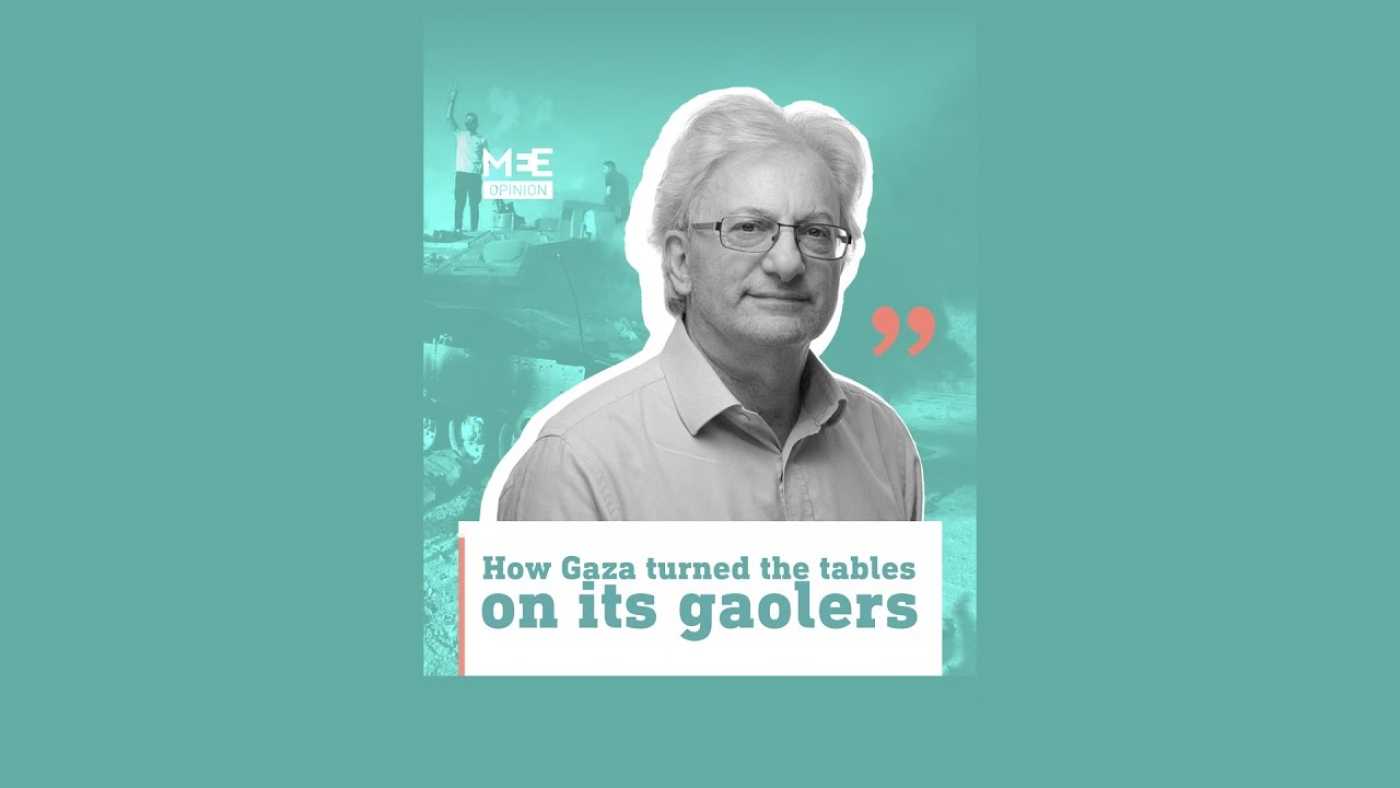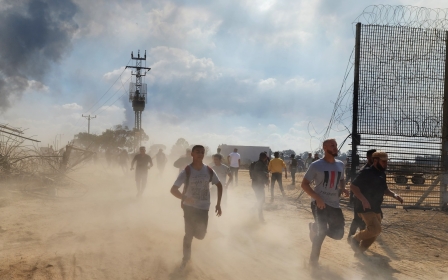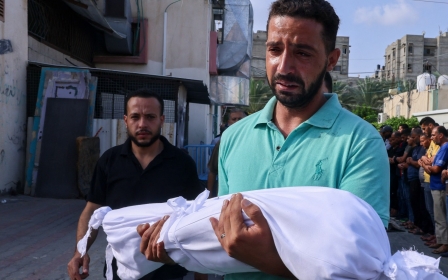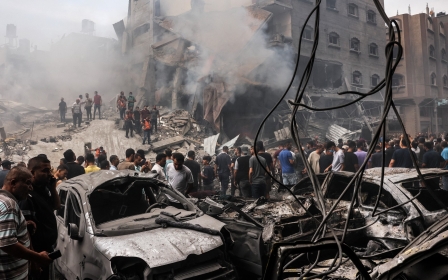Op-Ed video: The Palestinians aren't sub-human
The responsibility for the latest Israeli-Palestinian escalation lies with successive generations of Israeli leaders, Arab dictators and western politicians who allowed Israel to get away with whatever it wanted, says David Hearst, the co-founder and editor-in-chief of Middle East Eye.
Scenes of devastation have taken over Gaza since Saturday when Palestinian fighters mounted the deadliest attack on Israel in decades, killing over 1,200 people and taking dozens of others hostage in a multi-pronged offensive.
Israel has unleashed what Gaza residents have described as the most intense bombing campaign in recent memory, with at least 1,000 Palestinians killed so far.
Israeli Defence Minister Yoav Gallant has called for more destruction on top of the massive number of air strikes, and described the Palestinians as "human animals."
Israeli forces have also dispatched 300,000 army reservists are at the border along with artillery, indicating that a ground invasion is likely imminent.
"If and when Israel starts its ground offensive and if it is to succeed in taking Hamas off the map, it will have to occupy the whole of Gaza," Hearst said.
"We could face a situation where over two million people are at the mercy of soldiers whose commander has just called them 'animals'.
"But whatever happens, the landscape will not be the same," he said.
"The responsibility [for this latest escalation] lies with all those, including most Arab dictators, who stopped thinking of Palestinians as people rather like Israel's Defense Minister does today. Each will learn a painful lesson in the weeks and months to come."
Middle East Eye propose une couverture et une analyse indépendantes et incomparables du Moyen-Orient, de l’Afrique du Nord et d’autres régions du monde. Pour en savoir plus sur la reprise de ce contenu et les frais qui s’appliquent, veuillez remplir ce formulaire [en anglais]. Pour en savoir plus sur MEE, cliquez ici [en anglais].






